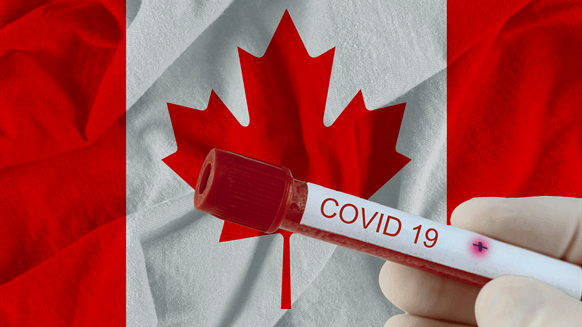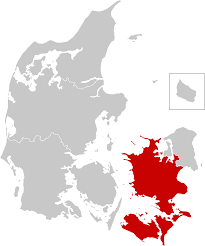The so-called Atlantic bubble meant to protect Atlantic Canadians from COVID-19 has so far been both successful and popular. The policy, enacted on July 3, sees open borders between Newfoundland and Labrador, Nova Scotia, Prince Edward Island and New Brunswick but strict conditions on people coming from elsewhere — namely, a mandatory 14-day self isolation period for anyone entering, or re-entering, the Atlantic region.
A recent poll indicates nearly 80 per cent of Atlantic Canadians support the bubble, although there has been constant worry and speculation since its creation that it might burst. The fact is, it is safer in the Atlantic provinces. As of Sept. 15, Ontario has recorded over 45,000 cases, with the Atlantic provinces recording only a little more than 1,600. British Columbia has about double the population of the Atlantic provinces but more than four times the number of confirmed cases. Quebec has recorded nearly 40 times the cases over the course of the pandemic, with only 3.6 times the population of the East Coast. New Zealand, which has been celebrated internationally for its ability to overcome COVID-19, has double the population of Atlantic Canada and dozens of active cases. Atlantic Canada has six, all of which are considered travel-related.
University of Ottawa law professor Errol Mendes says the pandemic means the bubble approach does not risk violating the constitution even though the Charter of Rights and Freedoms guarantees Canadians the right to move to and reside in any province. „It is my firm conviction that as long as the governments in the bubble can present cogent public health information and cogent scientific basis, and present the possibility of community spread from travellers from other parts of Canada, they can basically still keep the bubble being within the constitutional framework,” Mendes said.




